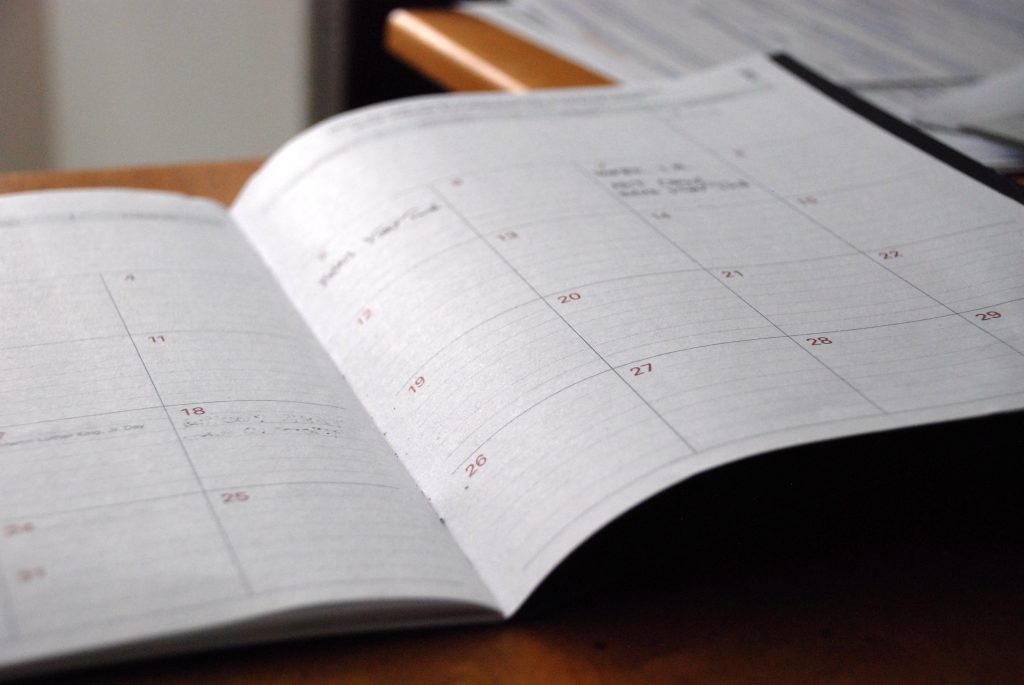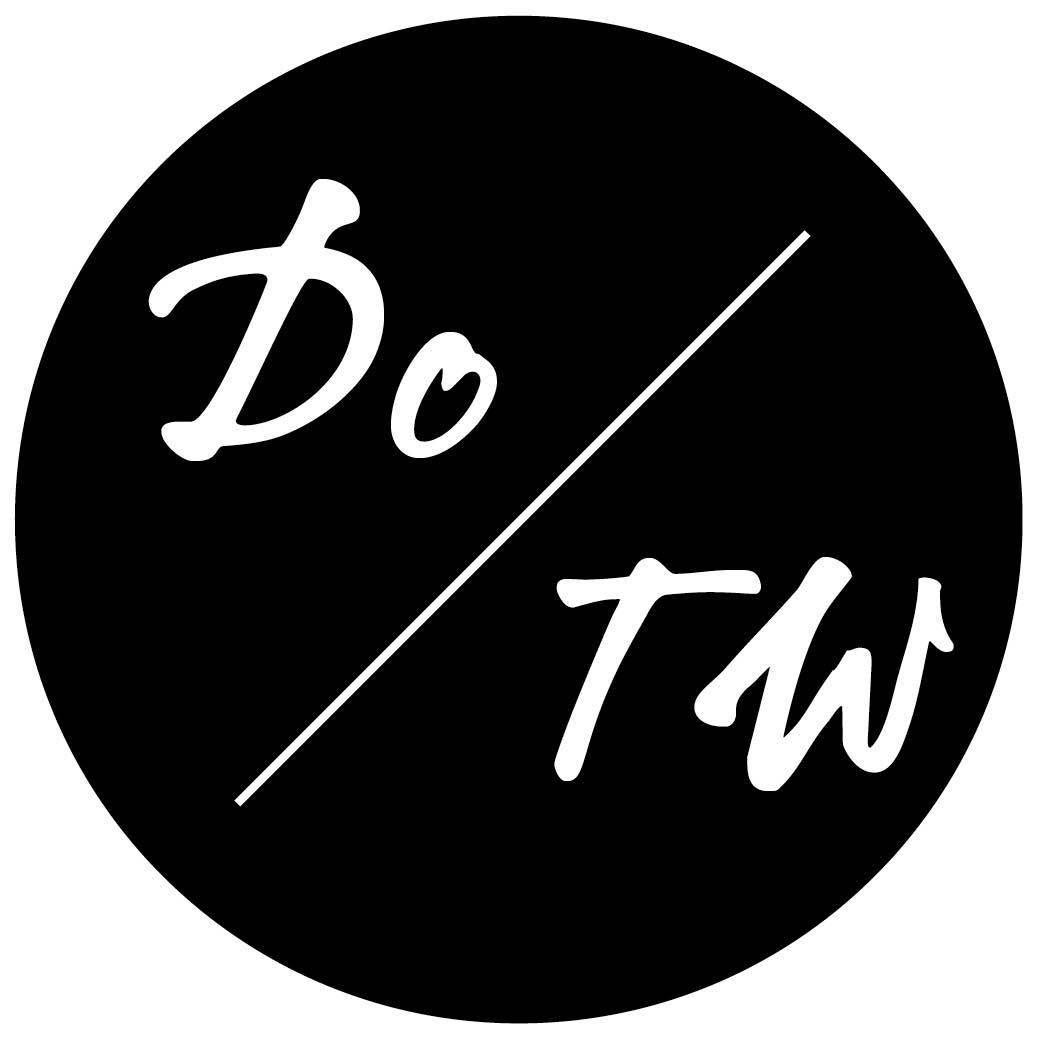Are You Letting Tons of Marketing “Work” Keep You from Actually Getting Paid Gigs?

Welcome to a new feature here at Dream of Travel Writing–the Monday Mailbag! We often get questions from readers, folks in our accountability group, or coaching program members that we think would apply to a lot of you.
Now, with permission, agony-aunt-style, we’ll be sharing a new one with you each Monday. If you have a question you’d like to see included, please send it to us at questions [at] dreamoftravelwriting.com and make sure to include a line saying we have permission to reprint your question.
On to the tricky travel writing questions!
The Background
When I talk to travel writers who aren’t making as much money as they would like for their work, the core issues holding them back tend to come down to three things (typically in combination):
- Not knowing what well-paid opportunities are out there that fit their skill set that they are already completely qualified for.
- Being afraid to move past the low-paying clients that they have now because they don’t think they have the chops to do the kind of work they would love.
- Not managing their time well so that they can get their low-paying (current) work and no-paying (marketing) work done quickly and effectively so that they can create new opportunities for themselves.
We talk a lot about the first two points in our webinars, workshops, and other resources, but I want to take a few minutes to hone in on the third.
In an earlier reader mailbag, we looked at the issue of writer’s block. Or as this writer very artfully put it:
“Staring at a blank screen for hours isn’t really a good
business model for making money, so I’m working on that.”
But I’ve found that folks who know that they are spending time on things that aren’t part of their goals are already on the downhill slope of surmounting this issue. The harder, more sinister part is when you think you are doing lots of work, or “everything you can,” but you still aren’t getting results.
Unfortunately, to-do lists are often to blame. Here’s a great example from one of our readers:
I’m looking at old to-do lists from the past couple weeks (both work-related and lists that are just for household to-dos cause its that much more illuminating in terms of figuring out how I can work better), and I’m seeing that there is so much stuff in my schedule that I assume is sooo important and freak out over finishing – but at the end of the day, most of those things don’t really contribute to making life better or increasing my income. They’re just things that seem like they might be helpful, indirectly, sometime down the line, and they’re taking up a ton of brain space.
So I’m thinking from now on when I plan my workdays, only things that directly relate to my income or to some vital function of getting income-related work done get to be prioritized – and the rest has to be relegated to a “not so important” list or something or prioritized last. Does that sound like a good way to go? (This may seem SUPER obvious but it’s just now clicking for me! Hah)
My Advice
The writer and I had spoken about this issue a bit before her email above, and you can see that she’s already working her way out of her own to-do-list trap.
But here’s my advice for a specific path forward:
Here’s what I’d like you to try for at least a few days in a row and see how it feels.
I am worried that you are letting your to do list guide you as a bit of cop out from doing things that matter, as you’ve said, but I completely understand what you mean about how if you think of things to so when working, it can stress you out and distract you.
So get a different pad or notebook that is not your day designer and keep it with you when you’re working. Anything you think of that you need to do, write on that pad and then go back to what you’re doing, because it’s stored so you won’t forget it.
To make that list more useful when you do turn to it, though, I want you to make each line item begin with a verb. Right now your todo list is a list of topics or projects and that’s stressful. So it should say “email blah blah blah,” “look up blah blah blah,” “find example of blah blah blah,” or “write blah blah blah,” and be specific.
With all those hovering tasks captured, here’s what you are going to do with your work time: Each day, you’ll pick three goals, such as “get LOIs out” or “finish list of magazine websites to pitch.”
Then you will work only on those goals until they’re done. Only address email when you need a brain break (70 minutes is the recommended point for taking a break and switching to a different task). You can switch to a different day’s goal task when you’re stuck or burnt out or bored, but not something else entirely until they’re done.
After the first day or two, you’ll have a better understand of how long things take you and what are appropriately sized goals to set for the day.
Use your notepad list for those evening laptop hours, not during the day.
If you are a fastidious to-do lister, throwing out your list entirely will only stress you out more. You need to be both capturing those to-do items that you’re going to skip for the time being, and making sure that they are recording somewhere safe that you can trust that you will find them before they become past-due.
Another issue I’ve seen with many to-do list items though, that I address above, is that they are not actually “to dos,” they are projects. When that is the case, your to-do list is frightening, unattackable, and likely to linger indefinitely.
A quick way to fix this is to make sure that every item on your to-do list has a verb in front of it. For example, here’s my to-do list for my current work block:
- Pay invoices
- Set up upcoming webinars
- Write text for newsletter
- Give Maria Elena names to tag
Everything starts with a verb, is discrete, doesn’thave any further reseatch involved (or there would be a seperate “look up..” item on the list), and compells me to action because I can easily imagine it being completed.
Does your to-do list need an overhaul?
